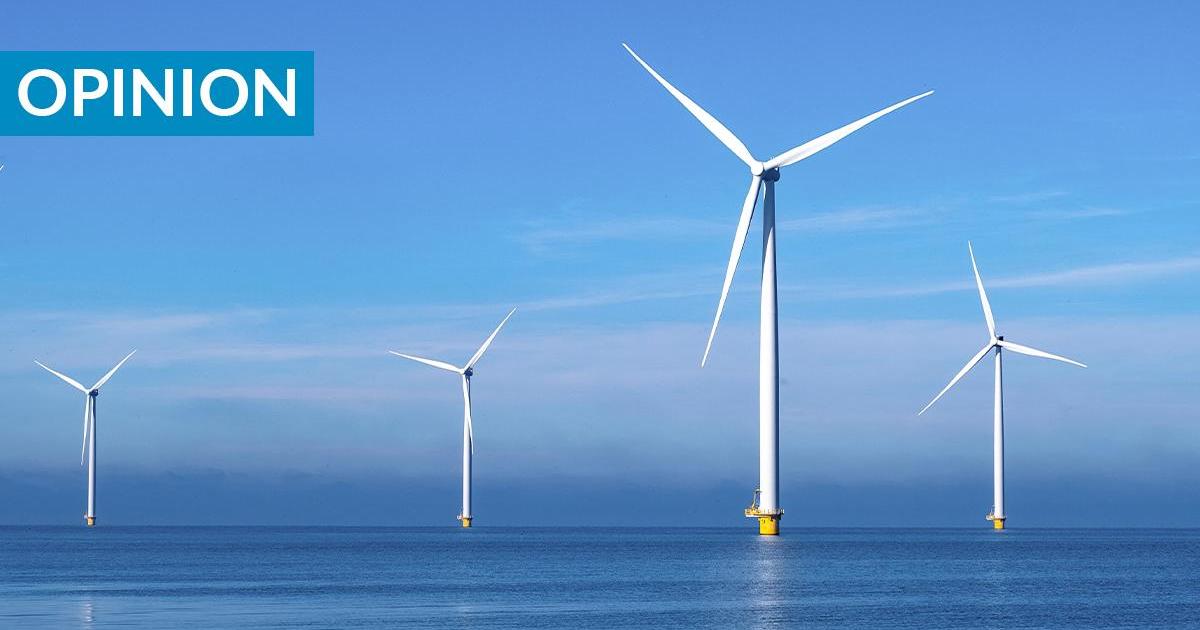For a country with no rivers, no oil and very limited land, Malta has never had the luxury of energy abundance. But we chose to create opportunities despite these constraints. Our energy transition is far from complete but a clear path and tangible outcomes characterise it.
Our reliance on imported fossil fuels, which left us vulnerable to price shocks and volatility, and outdated infrastructure, which hindered our progress toward cleaner alternatives, have long made our energy system vulnerable. However, Malta has made notable strategic and measurable energy improvements over the past 10 years.
The move to natural gas, the commissioning of the electricity interconnector with Sicily and investments in renewable technologies have built a strong foundation for our energy system to be resilient.
This change has been largely attributed to photovoltaic (PV) systems. PV now contributes significantly to Malta’s renewable energy output, with more than 250MW of installed capacity. What started as a residential shift has grown into a strong network of installations on a commercial scale. Thanks to enabling policies and strategic incentives, the private sector now accounts for about 55% of total capacity.
But growth must not stop here. Since PV systems’ output varies, peaking during sunny hours but not always in line with demand, it is evident that they cannot meet our long-term goals on their own. Without adequate storage and auxiliary technologies, they are unable to fully support our energy ambitions.
We’ve been clear from the start that we want more than just ‘more solar’. We are already fulfilling our promise to create a more intelligent, balanced system that provides clean energy in a secure, cost-effective and reliable manner.
With investments totalling more than €13 million, home battery storage is now available to more than 2,400 households. These systems allow families to store excess electricity and use it as needed. More importantly, they engage citizens in the energy transformation of our nation, reducing emissions, lowering bills and relieving grid stress.
By decentralised resilience, we mean enabling people to participate in the change. But we’re also thinking bigger.
A significant step toward diversifying our renewable mix was taken in December 2024 when Malta launched its first offshore wind initiative. Building on Malta’s offshore generation framework, the project will explore floating wind technology in the Exclusive Economic Zone. The magnitude is noteworthy: a 300MW wind farm that strengthens energy security while providing steady and clean electricity.
The next few years will be decisive- Miriam Dalli
International interest and confidence in Malta’s potential are demonstrated by the three submissions already received.
We cannot overlook the offshore wind opportunity. It doesn’t compete with agricultural or residential land like onshore installations do. It can more reliably and at scale produce power. It’s a solution that perfectly fits Malta’s geography and objectives.
Grid stability is necessary for this growth to happen. Interconnect Malta has started a competitive process to install utility-scale Battery Energy Storage Systems because the network needs 84 MWh. These batteries will keep the system running during times of high demand, keep it balanced and soak up extra electricity.
This demonstrates Malta’s commitment to transition, both in theory and in reality. In addition to setting the foundation for future decades, we are investing in the technology and infrastructure required to achieve our 2030 National Energy and Climate Plan goals.
As a small island state, Malta faces real limitations. But those limitations are not an excuse. We have chosen to see these challenges as a call to action, to turn challenges into drivers. Where there’s less room to build, we’ve been more strategic. Where we lack natural resources, we’ve invested in cleaner alternatives. Where others see risk, we see the opportunity to lead.
The transition to clean energy is about having a clear direction and making the right decisions today for the country we want tomorrow.
The next few years will be decisive. Our offshore wind project must be delivered successfully. Storage must scale alongside generation. Community involvement must continue to be a top priority. Every policy must benefit people as well as the environment by providing affordable energy, safeguarding the weak and promoting development.
This is Malta’s energy moment. We have laid the foundation.

Miriam Dalli is Minister of Energy and the Environment.
